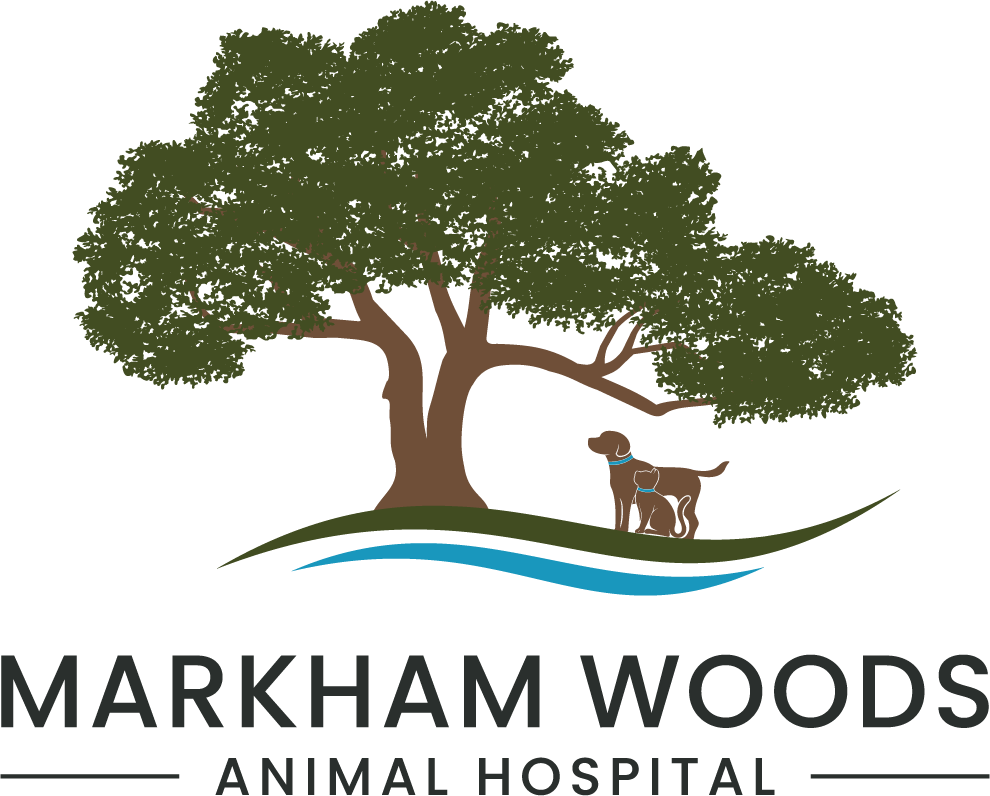
Ask The Vet!
An educational and informative moment with Dr. Hunley (left) and Dr. Janosco (right) owners of Markham Woods Animal Hospital in Longwood.
What is Kennel Cough?
Kennel cough, formally known as Canine Infectious Tracheobronchitis, is a common and highly contagious respiratory infection in dogs. It’s usually caused by the *Bordetella bronchiseptica* bacteria or the canine parainfluenza virus. There can be other causes as well. These pathogens irritate the lining of the respiratory tract, leading to inflammation of the airways. While healthy adult dogs often recover easily, it can pose a greater risk to puppies, elderly dogs, or those with weakened immune systems.
The name "kennel cough" reflects how easily it spreads in environments where dogs are in close contact, like kennels, dog parks, grooming salons, or multi-dog households. Dogs typically contract the illness by inhaling respiratory droplets from an infected dog's cough, or by coming into contact with contaminated objects like food bowls, toys, or bedding.
Signs and Symptoms of Kennel Cough
A persistent, dry hacking cough is a telltale sign of kennel cough. It often seems like your dog is trying to clear something from their throat. Other symptoms may include:
- Runny nose
- Sneezing
- Lethargy
- Loss of appetite
- Mild fever
If you notice these signs, it's important to keep your dog away from others and contact your veterinarian. Depending on how severe the symptoms are, your vet may recommend either monitoring your dog at home or bringing them in for an examination. Since kennel cough spreads so quickly, early action is crucial to protecting not just your dog but other dogs too.
How Vets Diagnose Kennel Cough
Kennel cough is often diagnosed by ruling out other conditions that could cause similar symptoms. Your veterinarian will perform a thorough physical exam to check for issues like:
- Collapsing trachea
- Heartworm disease
- Bronchitis or asthma
- Heart disease
- Canine distemper or canine influenza
Based on your dog's health history and the results of the exam, the vet will determine if kennel cough is the likely cause of your dog’s symptoms.
Treating Kennel Cough
For healthy dogs, treatment is usually simple. In mild cases, your vet may recommend rest and monitor the symptoms without prescribing medication. However, if your dog has a more persistent cough, antibiotics may be given to prevent secondary infections, along with cough suppressants to ease discomfort.
During recovery, it's best to avoid using neck collars—opt for a harness instead to prevent irritation of the throat. A humidifier can also help soothe symptoms. Most dogs recover in one to two weeks, but if symptoms continue, follow up with your vet as kennel cough can sometimes lead to more serious conditions like pneumonia.
Although a kennel cough vaccine is available, it’s not foolproof because the illness has multiple causes. The vaccine can be administered as an injection, nasal spray, or oral medication. If your vet suggests it, they will recommend the best option for your dog.
In short, kennel cough is like the common cold for dogs—usually mild but very contagious. With proper care and attention, most dogs bounce back quickly!
At Markham Woods Animal Hospital, we prioritize your pet's health to ensure they enjoy a happy and healthy life. Schedule your pet’s appointment today 407-682-5298

